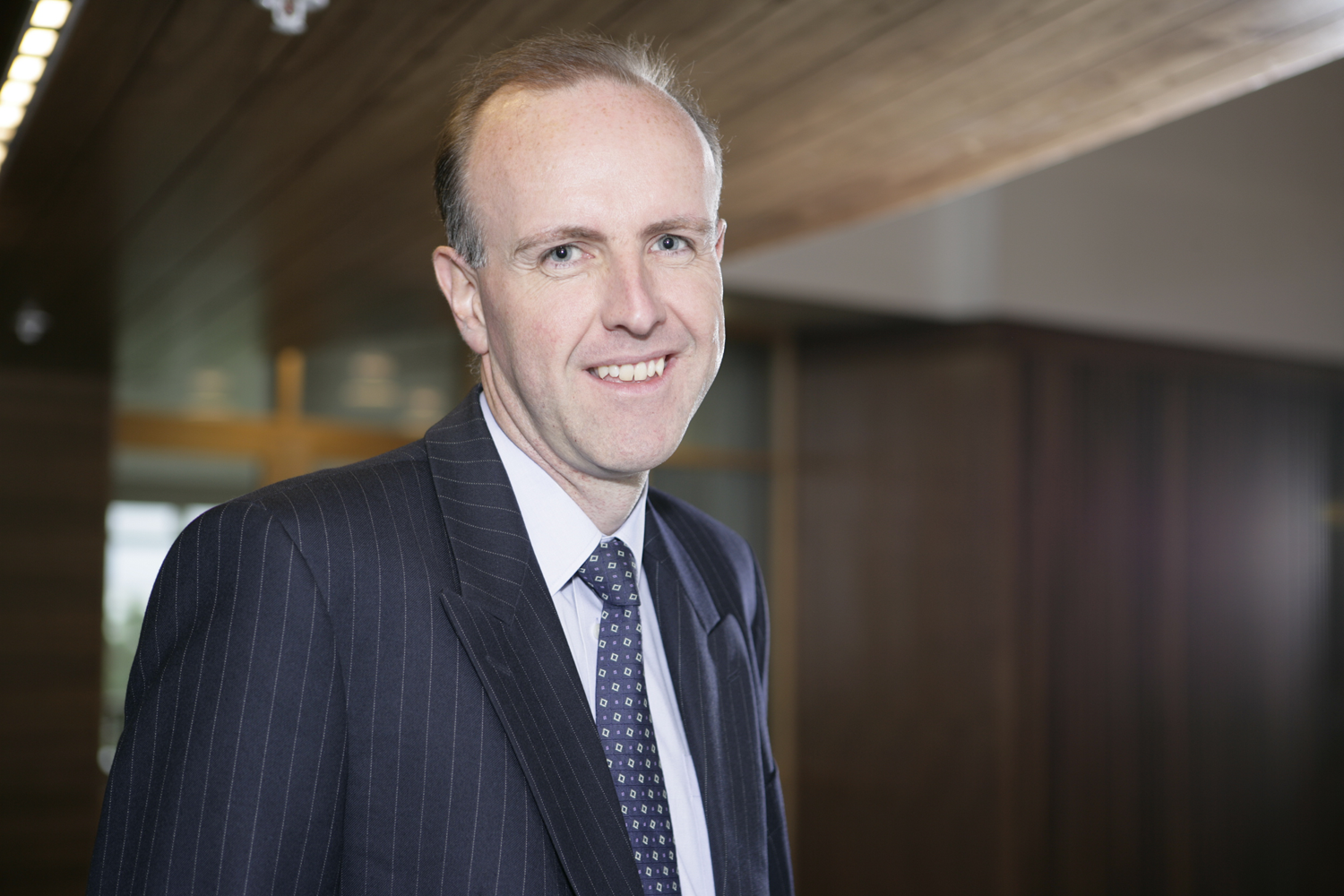Blog
BLOG: Could I borrow a tenner, my son?

Aegon Ireland’s Colin Bell says early advice pays dividends in retirement…
One in five people will turn to offspring for financial support in retirement, according to figures released by the Global Retirement Index. This paints a terribly stark picture for those in their forties and fifties, currently working hard to make ends meet and save enough for their twilight years.
To ask for help from children is tough, but to continue working beyond retirement could be even worse and have serious health implications for some. Indeed, those who aren’t turning to their children are often deferring their retirement instead because they simply do not have enough money. This is no good.
Let’s be honest, aside from a number of exceptionally motivated people, few intend on working beyond the age of 65 unless they really have to. Part of the problem is that many in their twenties are either too cash poor to save for their retirement now, or are too far removed from the notion of being retired to prioritise it.
There should, I believe, be an increased urgency around saving for retirement, as well as a better understanding of the variety of products available. Those of us in the industry understand the difference between an annuity and a unit-linked guarantee, and we can sometimes be guilty of assuming the consumer does too. They do not. It is up to us to educate them.
To avoid the worst case scenario, it is important that people make the most of pension tax reliefs and get into the habit of regular saving. It sounds simple but just getting these basics right is a good start.
We know people have different priorities depending on their life stage; those in their thirties, for example, are more concerned with mortgages and childcare costs than those in their fifties. Making regular savings is even harder in tough economic times when pay rises are not keeping pace with prices.
Despite younger generations’ limited contributions, starting early is the savviest way to save, as people benefit from compound growth over the long-term. Those who start saving until later could miss out on the biggest benefits – even a small contribution is better than nothing.
Joining a workplace pension or participating in auto-enrolment will also mean they don’t miss out on an employer’s contribution.
Ultimately, I believe that people should be taking a more hands-on approach to their future finances, utilising services available to understand and develop their retirement options.
For many, taking advice around savings, debts and various retirement options available is also really important. Taking this advice while still young is even better.
Colin Bell is product director, unit-linked guarantees Aegon Ireland